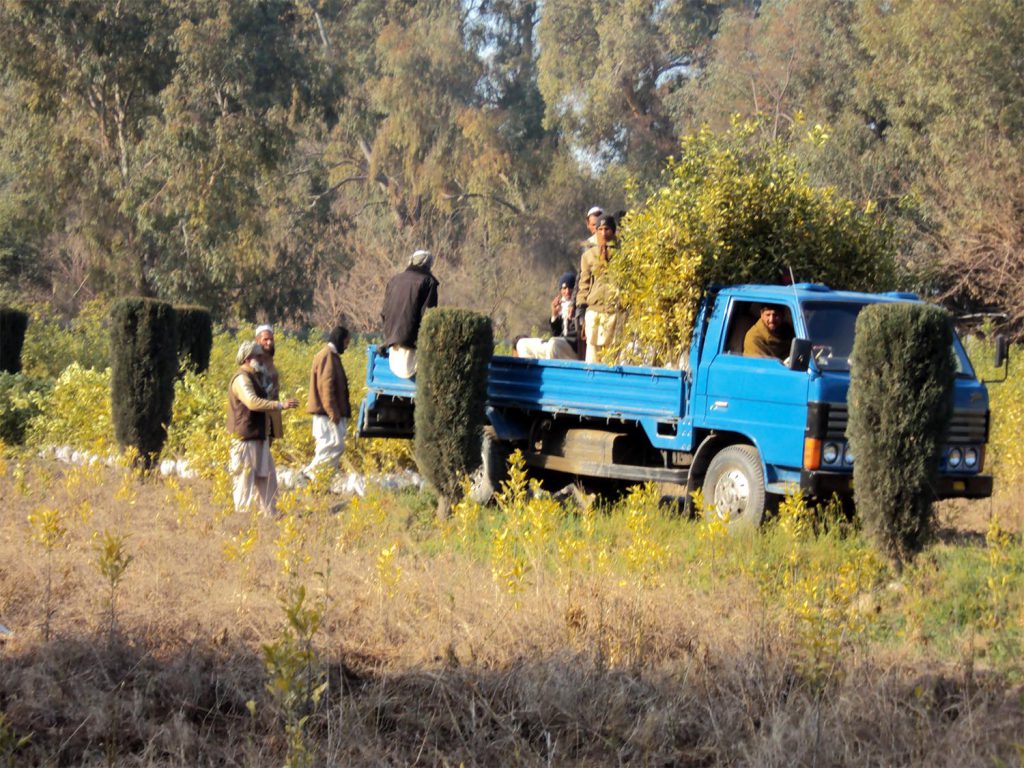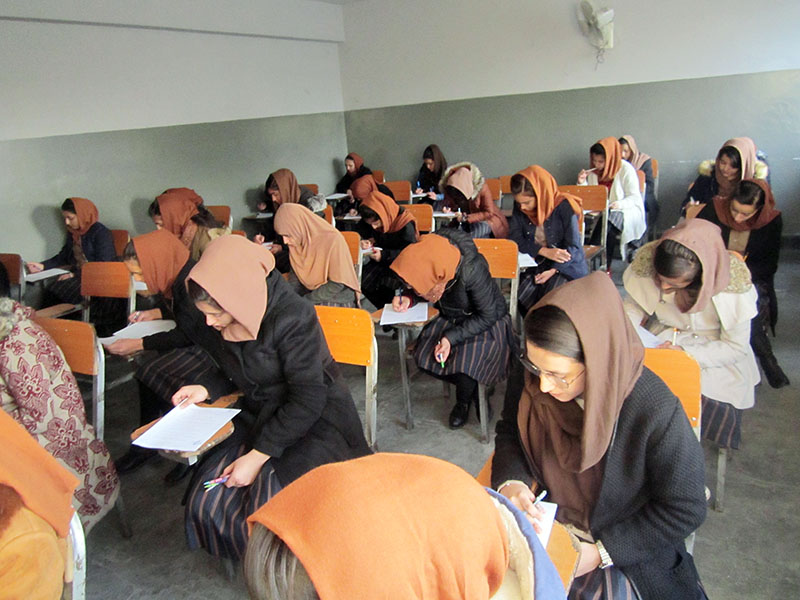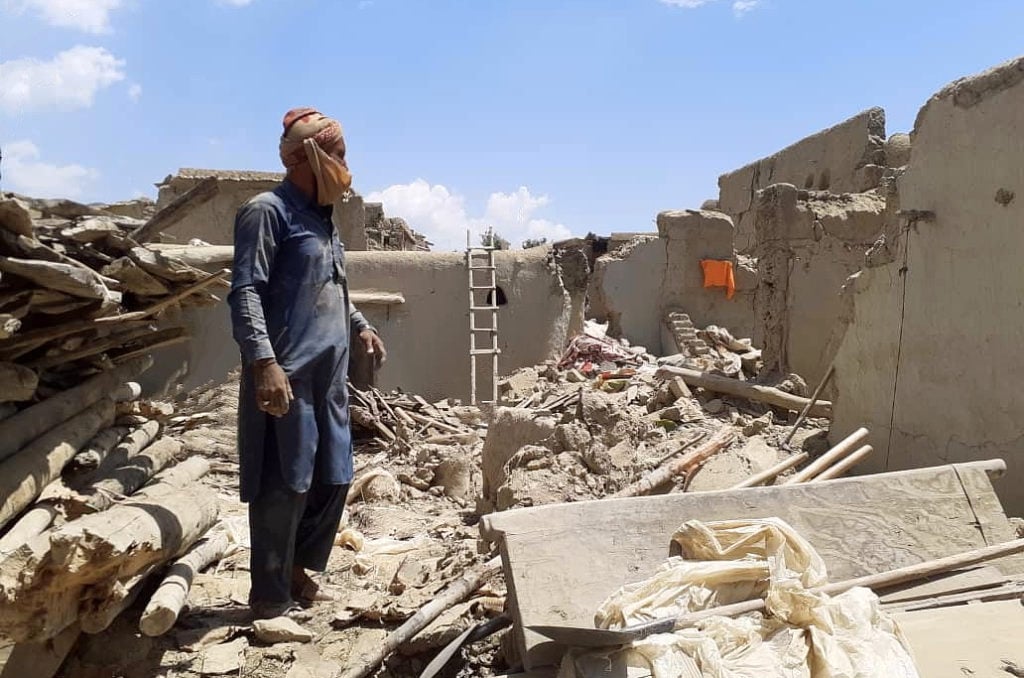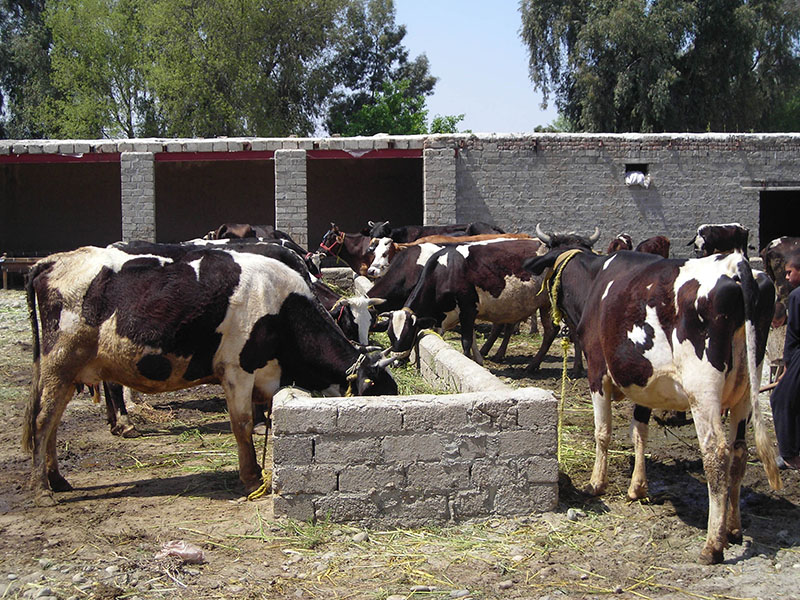No Widget Added
Please add some widget in Offcanvs Sidebar
Please add some widget in Offcanvs Sidebar

According to the findings of IPC Acute Food Insecurity Analysis report (March 2021 – March 2022) nearly 19 million people in Afghanistan experienced high levels of acute food insecurity an almost 30% increase from the same season last year. The main drivers of acute food insecurity include drought and its impacts on crops and livestock, the collapse of public services, a severe economic crisis and increasing food prices. An estimated 6.8 million people in Emergency and 11.9 million people in Crisis require urgent action to save their lives, reduce food gaps and protect their livelihoods.
IF Hope understands that crises interrupt and sometimes reverse the development process. Therefore, the organization is designing community based alternative livelihood improvements programs to help in building human, natural, physical, financial, political and social assets of affected communities.

Agricultural development, food security and poverty reduction are inextricably inter-related and women have a central role in this linkage. They play a critical role in boosting agricultural productivity and economic development in rural communities to address food insecurity and pervasive rural poverty. Women’s increasing role in family farming could be an opportunity for enhancing their economic and social empowerment as producers, traders, workers and entrepreneurs. If women have the same access as men to extension services, technologies and loans, they can contribute to improving the agricultural productivity of family farms, engage in processing and marketing activities, and increase their voice in household decisions. Supporting women farmers and producers’ groups with training and coaching on building their self-confidence can have a positive impact in building their self-esteem which complemented by the provision of safe spaces to discuss their problems and success stories empower them further.

Climate change implications are now quite visible in precipitation and temperature regime resulting in prolonged and more frequent droughts and floods. Especially dry season water availability has been significantly reduced which is directly impacting agricultural productivity. Erratic rainfall and temperature is not only affecting the agricultural (including horticulture) productivity thus putting additional stress on food security especially for the poor, it is also affecting public health situation which is ultimately causing economic loss and undoing developmental benefit.

The country is prone to disaster and especially flood and droughts often cause human casualty, property damage as well as agricultural productivity loss and poor are the worst victims of this. Harsh winters cause serious sufferings for the poor populations and their economic activities get almost stranded during the winter season. Focus to date has been on immediate humanitarian assistance as post disaster response. Concept of mainstreaming disaster risk reduction and enhancing resilience is yet to be materialized.

Recognizing the vital role of livestock in the livelihoods of Afghan families, IFHope implements initiatives that improve animal health, enhance breeding practices, and increase productivity. By providing training, resources, and veterinary support to local farmers, IFHope helps strengthen food security, boost incomes, and promote economic resilience in rural areas. These efforts not only uplift individual households but also contribute to the broader development and stability of the region. IFHope’s dedication to sustainable solutions reflects its mission to foster long-term prosperity and self-reliance in Afghanistan.